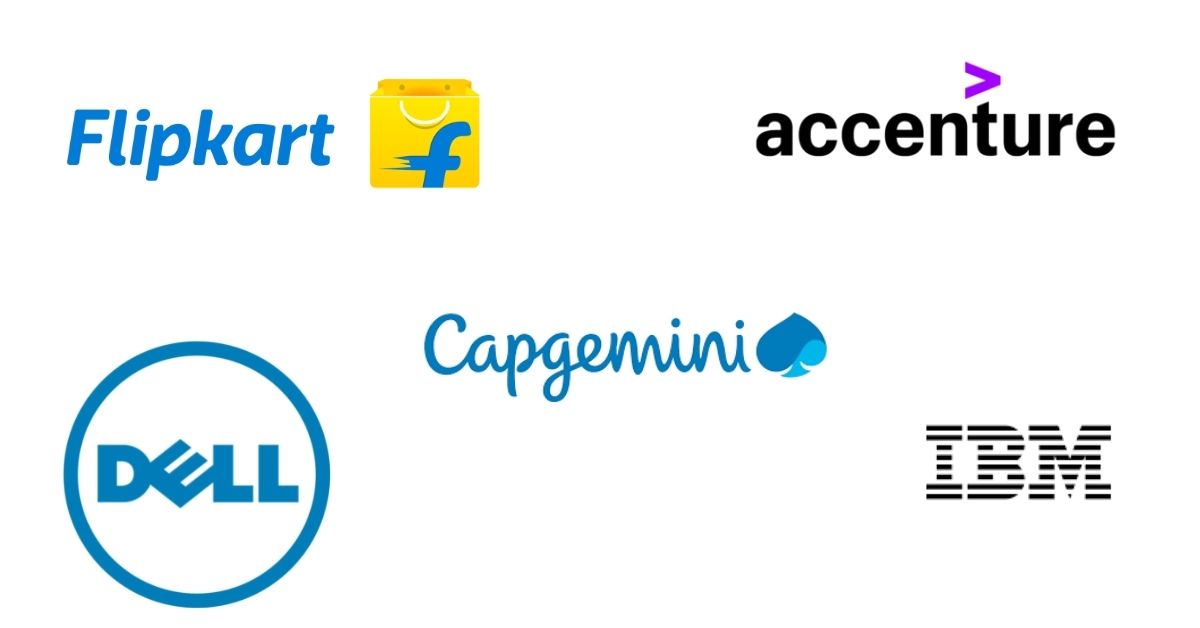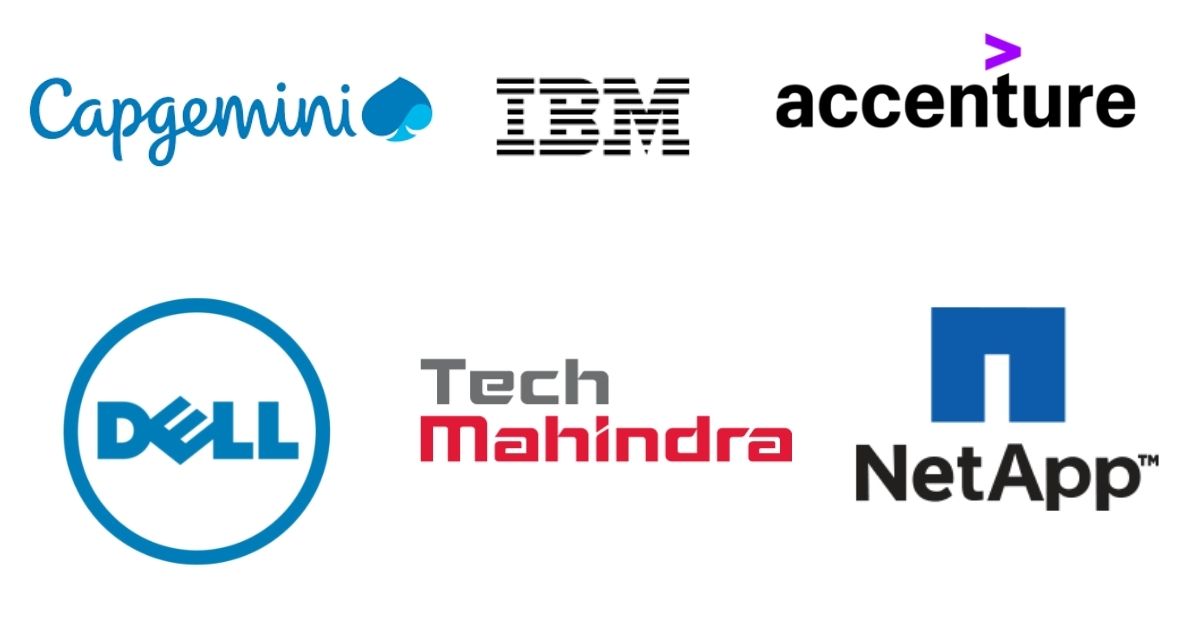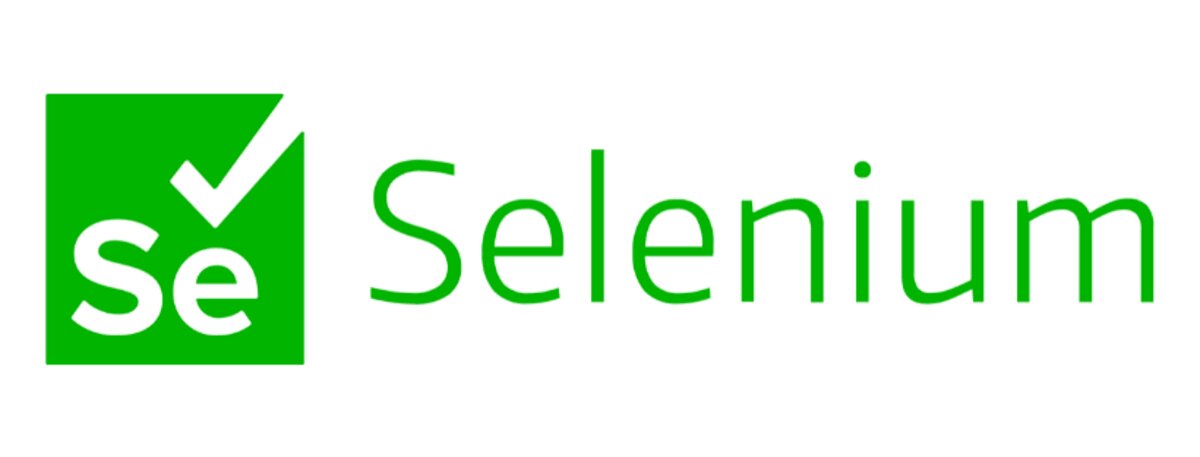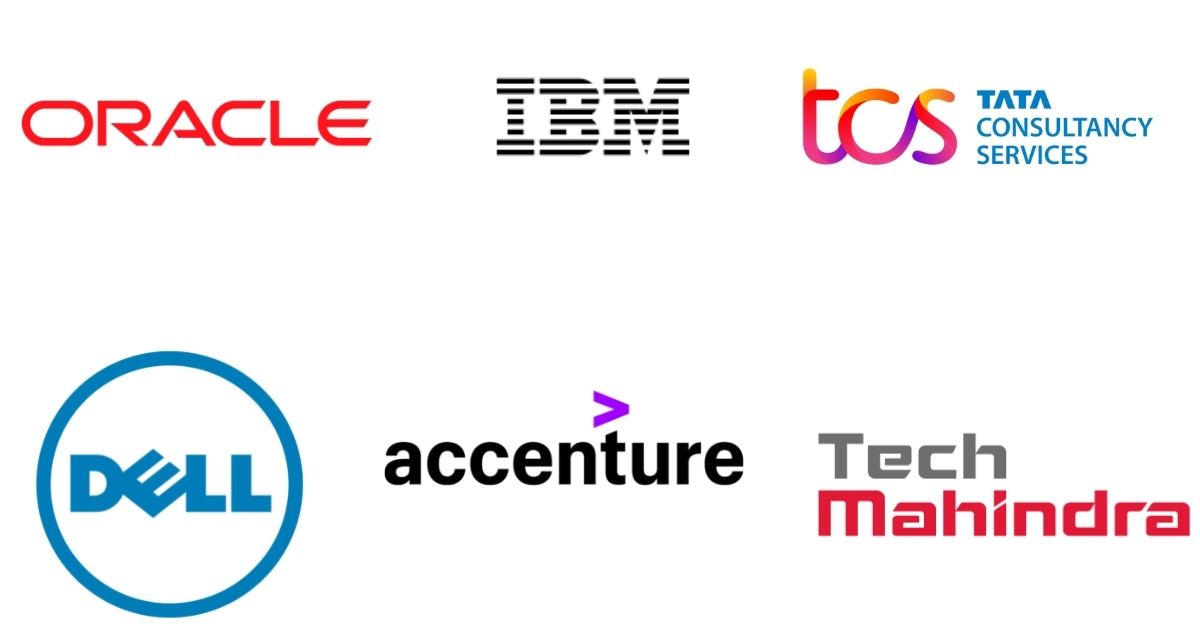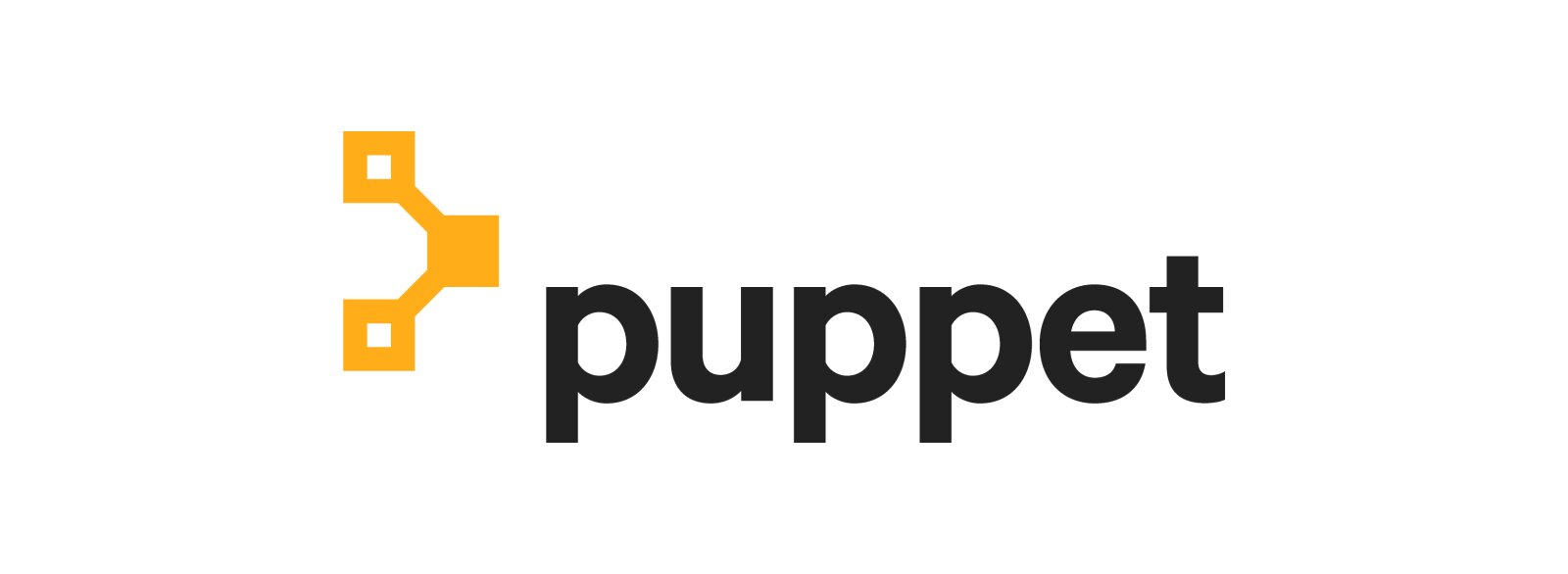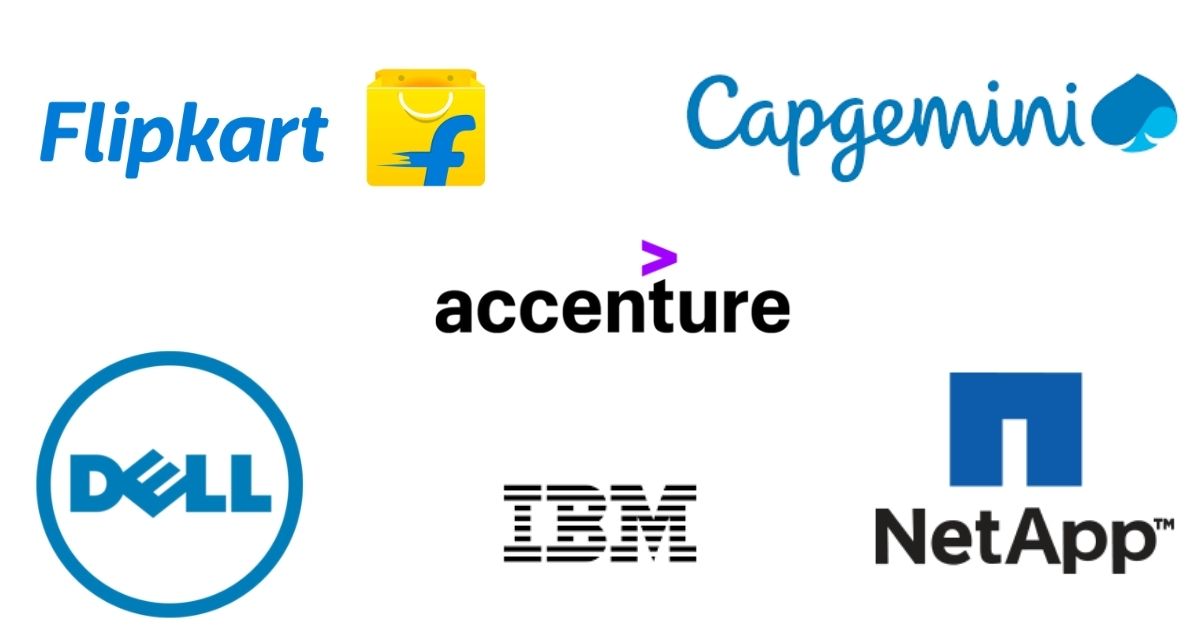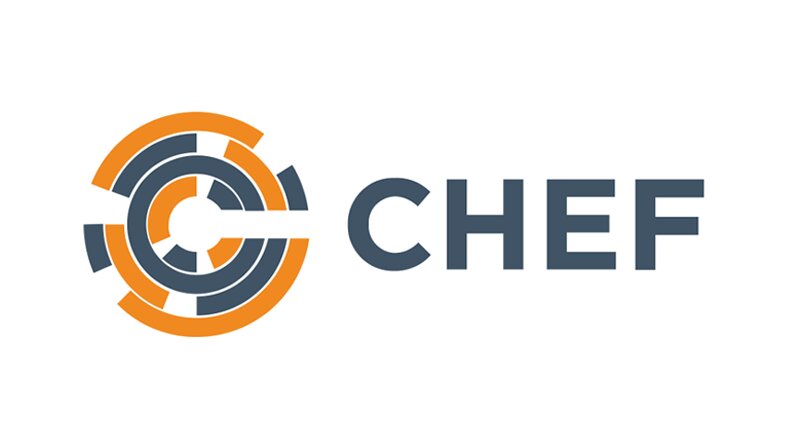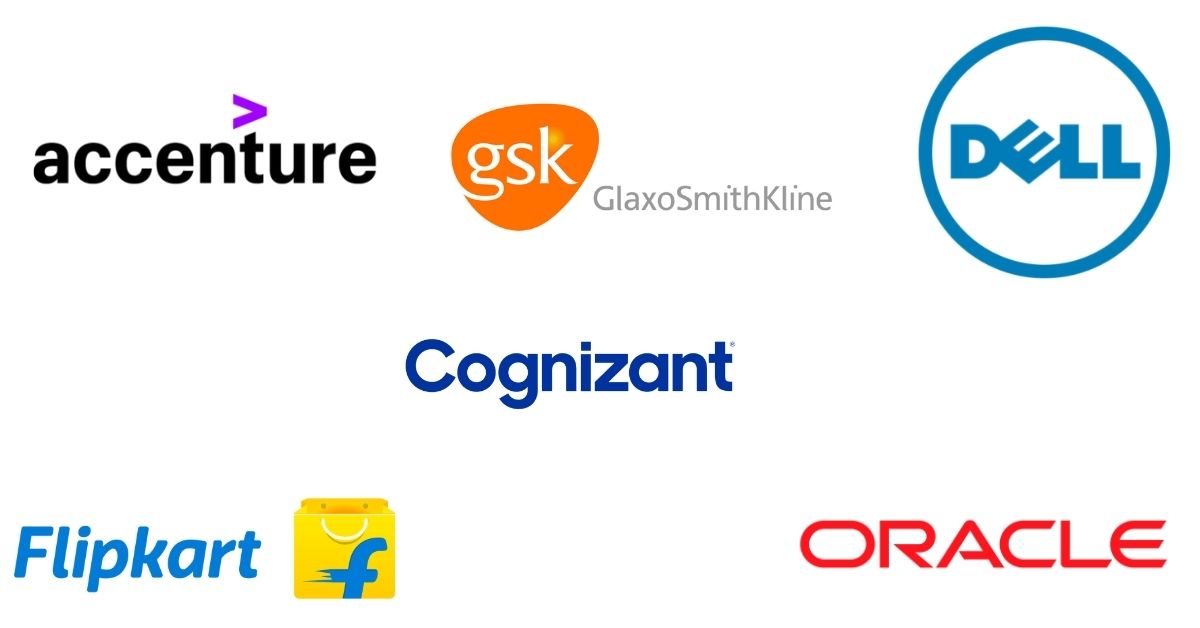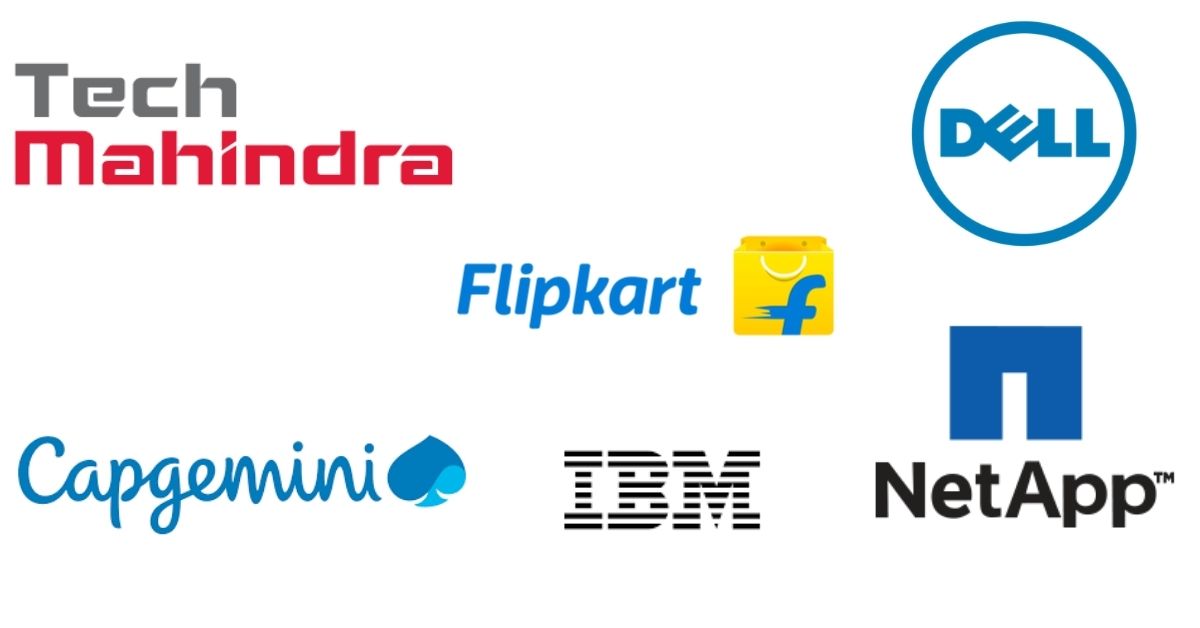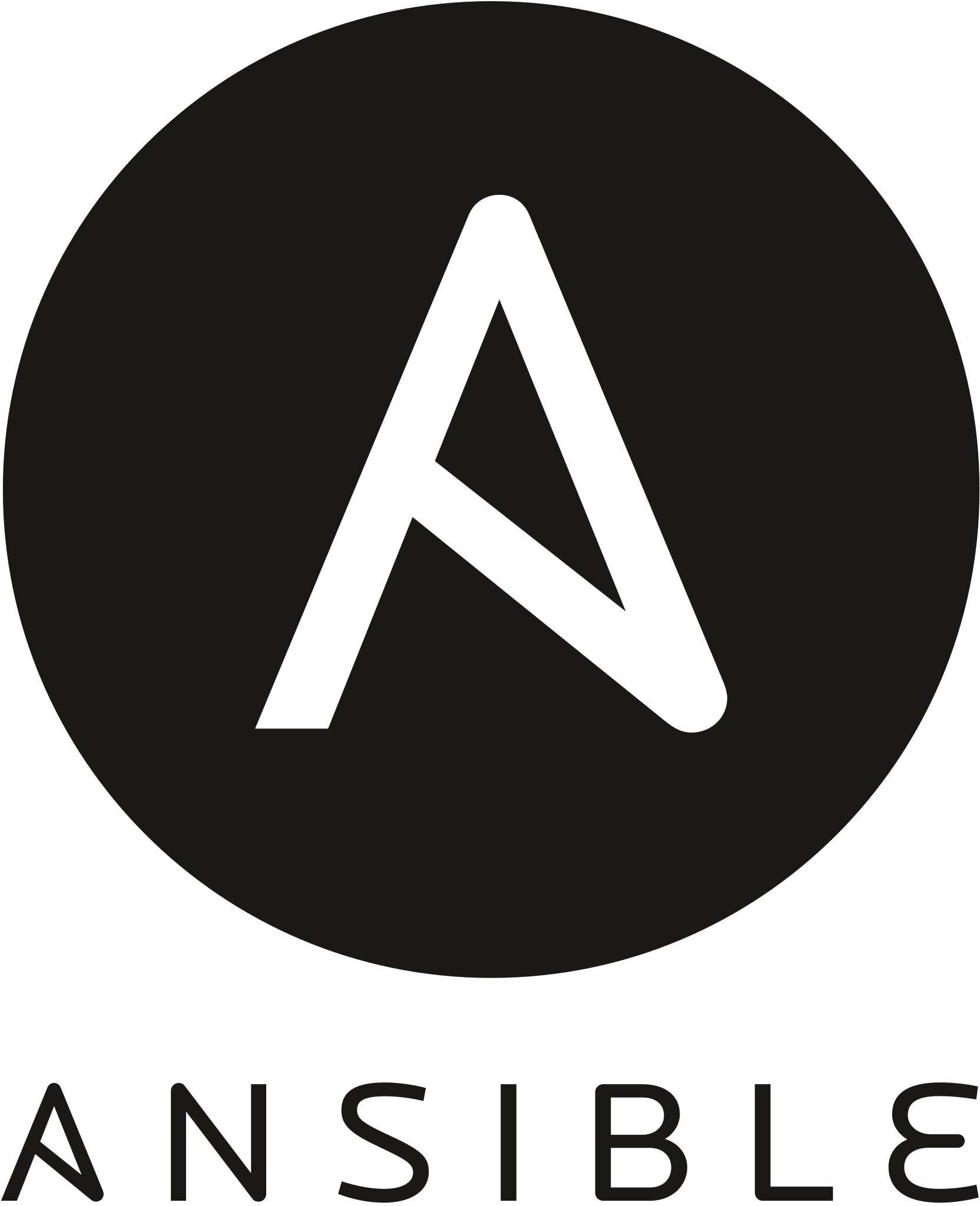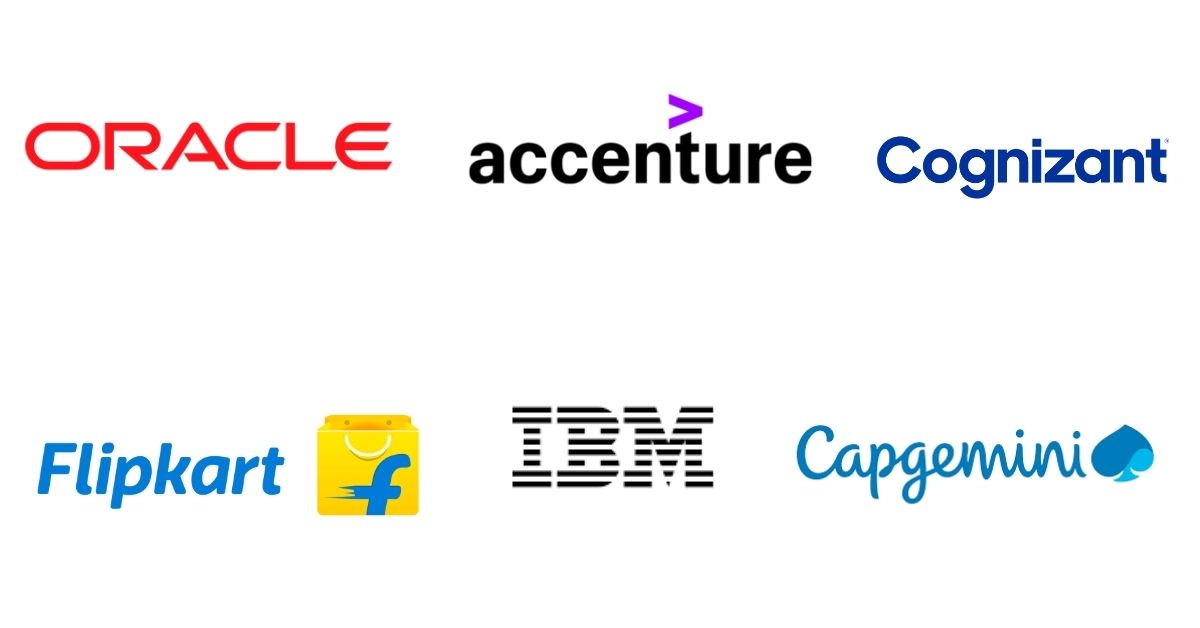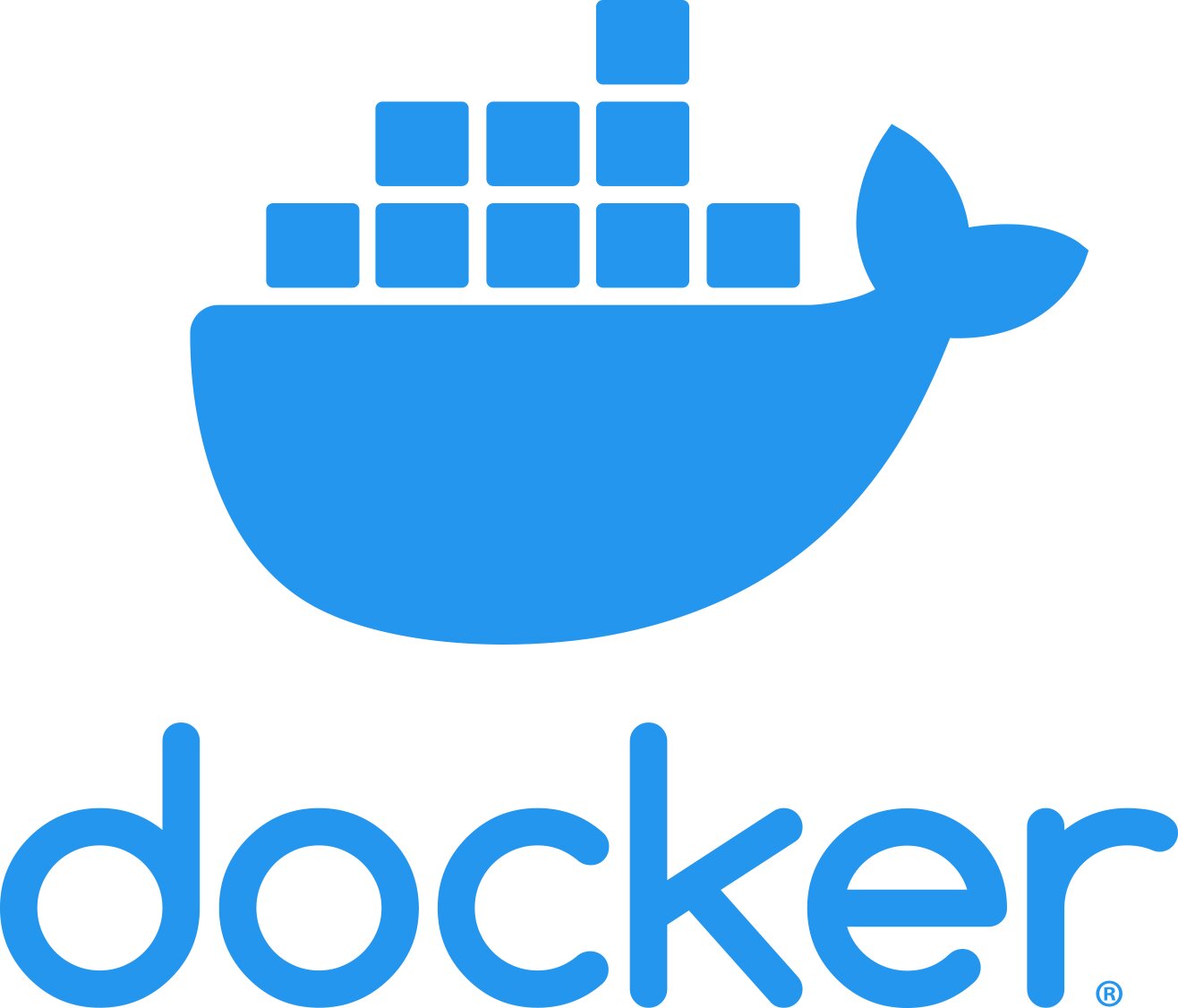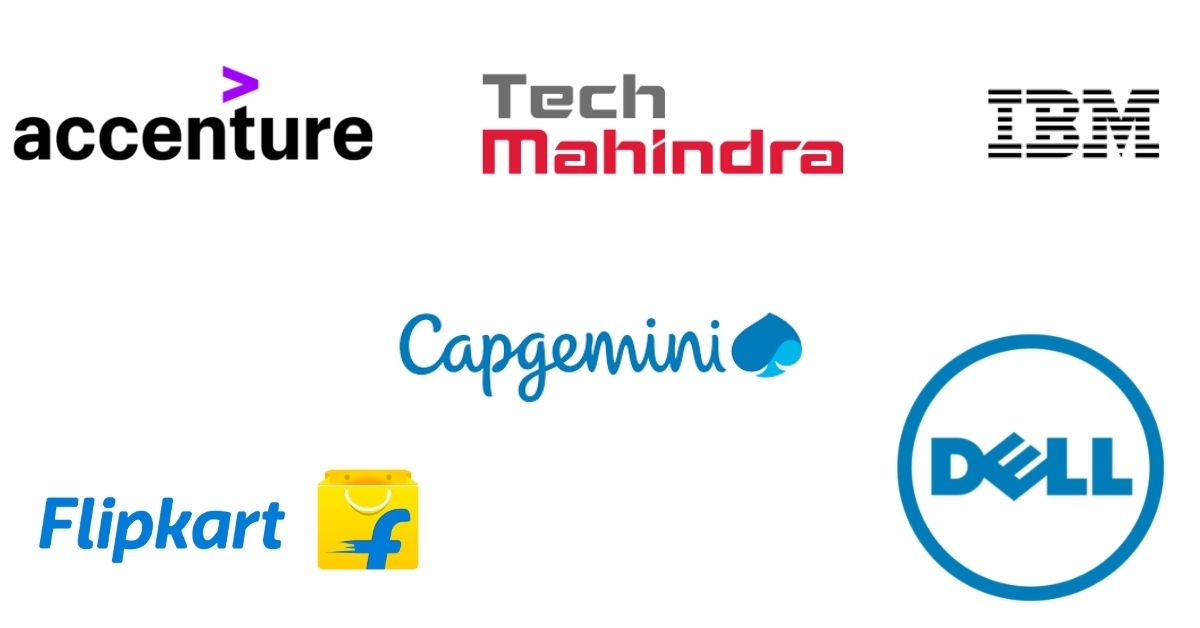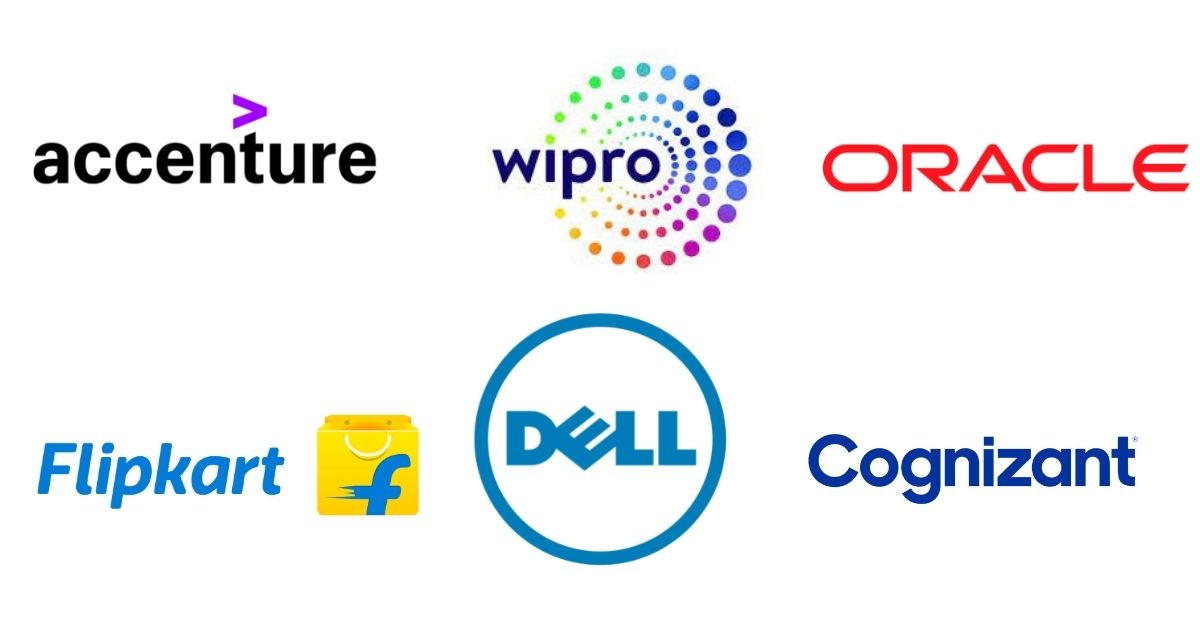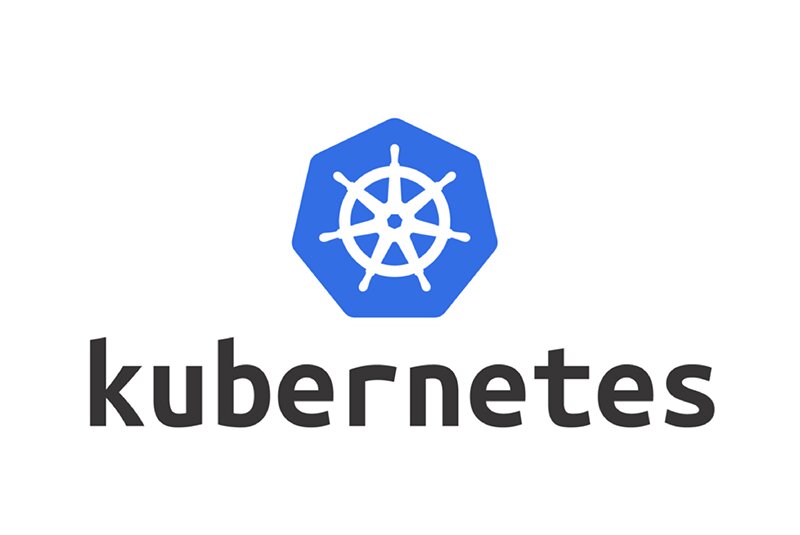Top 10 Trending DevOps Tools in 2024
DevOps is a cultural shift or a practice that brings together development and operations teams with the goal of converting SDLC into a strategic resource for any company. To achieve this goal, it is important to choose the right tools. With the advancement of technology, numerous DevOps tools have been developed to improve collaboration and development. And when it comes to choosing the right DevOps tools, the decision is not easy. To help you improve your DevOps strategy, we have curated a list of the top 10 DevOps tools along with their top features, which you should use in 2024.
10. Splunk
9. Jenkins
8. Selenium
7. Puppet
6. Chef
5. Git
4. Ansible
3. Docker
2. Nagios
Check Out the Best Online Courses
Top 10 DevOps Tools for 2024
If you are new to DevOps or planning to enhance your current processes, this guide will help you to know which tool is best for your team. Here are some of our favorite DevOps tools with all the information you need to enable you to choose the right tool that fits your needs.
Explore Popular DevOps Courses
10. Splunk
Splunk is monitoring and exploring software that provides operational intelligence to DevOps teams by sharing real-time insights during all phases of the delivery lifecycle. It improves quality and enables companies to be more productive, secure, and competitive.
Popularity of Splunk on Google Trends
Key Features of Splunk
- Data drives analytics and insights
- Faster releases
- Monitoring and troubleshooting solutions
- Provides a single view of different IT services
- Splunk Observability Cloud for exceptional user experiences
Companies Using Splunk
9. Jenkins
Jenkins is an open-source DevOps tool for continuous integration of software projects. Written in Java, this tool allows developers to build and test their software projects continuously and makes it easier for developers to integrate changes to the project.
Popularity of Jenkins on Google Trends
Key Features of Jenkins
- Easy installation & configuration
- 1000+ plugins to support building and testing projects
- Increases the scale of automation
- Can distribute tasks across multiple machines to increase concurrency
Companies Using Jenkins
8. Selenium
Selenium is an open-source tool that is used for automating tests carried out on web browsers. Programmers can use multiple programming languages to create Selenium Test Scripts.
Popularity of Selenium on Google Trends
Key Features of Selenium
- Multi-Browser Compatibility
- Dynamic handling of web elements
- Supports multiple browsers, operating systems, and programming languages
- Supports parallel test execution
Companies Using Selenium
Explore Popular Selenium Courses
7. Puppet
It is a system management tool that enables developers to centralize and automate the configuration management procedure.
Popularity of Puppet on Google Trends
Key Features of Puppet
- Scalable
- Idempotency
- Cross-platform
Companies Using Puppet
6. Chef
It is an automation tool that enables developers to define infrastructure as code (IAC).
Popularity of Chef on Google Trends
Key Features of Chef
- Centralized management
- Integrates with major cloud service providers
- Supports large deployments
Companies Using Chef
5. Git
Git is a free and open-source version control system used for source code management.
Popularity of Git on Google Trends
Key Features of Git
- Distributed development
- Branching
- Non-linear Development
- Scalable
- Lightweight
- Secure
Companies Using Git
4. Ansible
Ansible is an automation engine used for various IT tasks such as configuration management, application deployment, provisioning, and orchestration.
Popularity of Ansible on Google Trends
Key Features of Ansible
- Eliminates complexity in the software development process
- Provides simple IT automation to end repetitive tasks
- Manages complex deployments
- Speeds up the development process
Companies Using Ansible
3. Docker
Docker is a software platform that enables developers to build, test, and deploy containerized applications.
Popularity of Docker on Google Trends
Key Features of Docker
- Easy configuration
- Easily scalable
- Increase productivity
- Application isolation
- Security management
Companies Using Docker
Check out the Best Docker Courses
2. Nagios
Nagios is an open-source continuous monitoring tool that is used for monitoring networks, applications, and servers.
Popularity of Nagios on Google Trends
Key Features of Nagios
- Extendable architecture
- Advanced user management
- Capacity planning
- Consolidated view of the monitored IT infrastructure
Companies Using Nagios
1. Kubernetes (K8s)
Kubernetes (K8s) is a portable and extensible software platform that is used for automating deployment, scaling, and management of containerized applications.
Popularity of Kubernetes on Google Trends
Key Features of Kubernetes
- Automated scheduling
- Self-healing
- Load balancing
- Storage orchestration
- Horizontal Scaling
Companies Using Kubernetes
Explore the Best Kubernetes Courses
Best-suited DevOps courses for you
Learn DevOps with these high-rated online courses
Conclusion
In this blog, we pulled together a list of the best DevOps tools that can help teams continuously improve their work in every phase of software development. Depending on your business goals, you can perform the same task with different types of tools and you can use more than one DevOps tool in your DevOps strategy. We hope this blog on the top 10 DevOps tools will help you make an informed decision on which tools should be part of your stack.
Explore More:
- Best Resources to Learn DevOps In-Depth
- Top DevOps Interview Questions and Answers
- Top Courses for Building a Strong DevOps Foundation
- Free Online Courses with Certificates
_________________
If you have recently completed a professional course/certification, click here to submit a review.
This is a collection of insightful articles from domain experts in the fields of Cloud Computing, DevOps, AWS, Data Science, Machine Learning, AI, and Natural Language Processing. The range of topics caters to upski... Read Full Bio





